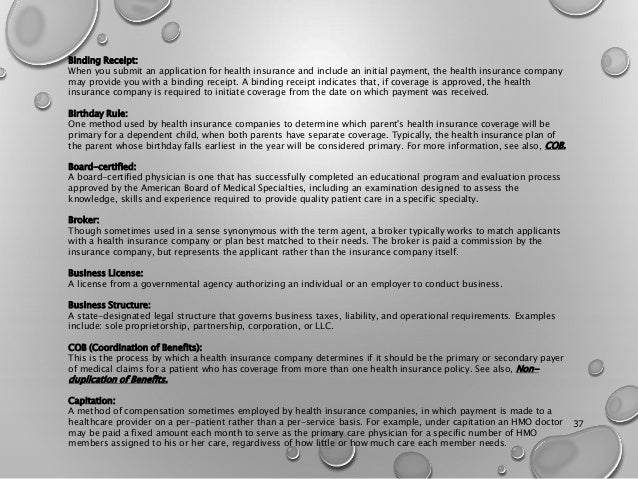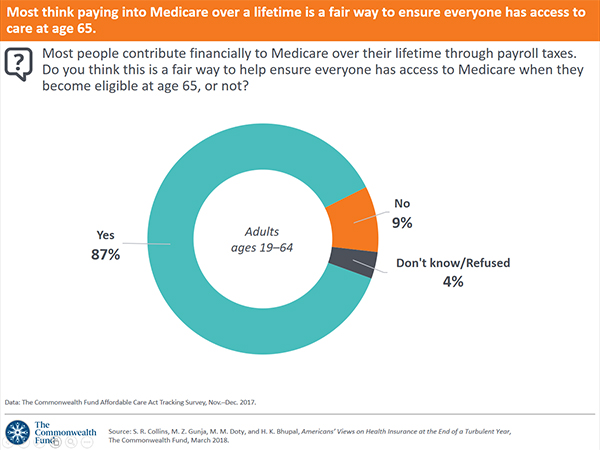In the United States, life insurance coverage business are never ever lawfully needed to offer protection to everyone, with the exception of Civil Rights Act compliance requirements. Insurance provider alone identify insurability, and some individuals are deemed uninsurable. The policy can be decreased or ranked (increasing the click here premium amount to make up for the greater risk), and the amount of the premium will be proportional to the face worth of the policy.
These categories are preferred best, chosen, requirement, and tobacco. Preferred best is scheduled only for the healthiest people in the basic population. This may suggest, that the proposed insured has no negative medical history, is not under medication, and has no family history of early-onset cancer, diabetes, or other conditions.
Many people remain in the standard category. People in the tobacco classification usually have to pay greater premiums due to the greater mortality. Current United States mortality predict that roughly 0.35 in 1,000 non-smoking males aged 25 will pass away during the first year of a policy. Death roughly doubles for every extra 10 years of age, so the death rate in the very first year for non-smoking males has to do with 2.5 in 1,000 individuals at age 65.
Upon the insured's death, the insurance provider requires acceptable proof of death before it pays the claim. If the insured's death is suspicious and the policy quantity is large, the insurer might examine the scenarios surrounding the death prior to choosing whether it has a responsibility to pay the claim. Payment from the policy may be as a swelling sum or as an annuity, which is paid in routine installations for either a given period or for the beneficiary's life time.
The Main Principles Of How Long Does Nicotine Stay In Your System Life Insurance

In general, in jurisdictions where both terms are utilized, "insurance coverage" describes providing protection for an event that might happen (fire, theft, flood, and so on), while "guarantee" is the arrangement of protection for an event that is particular to occur. In the United States, both kinds of protection are called "insurance coverage" for reasons of simplicity in companies selling both products. [] By some meanings, "insurance" is any protection that identifies advantages based on actual losses whereas "assurance" is protection with established advantages regardless of the losses sustained.
Term assurance provides life insurance coverage for a defined term. The policy does not accumulate money worth. Term insurance coverage is substantially less costly Additional resources than a comparable permanent policy however will become greater with age. Policy holders can conserve to provide for increased term premiums or decrease insurance needs (by settling debts or conserving to offer for survivor needs).
The face amount of the policy is always the amount of the principal and interest impressive that are paid needs to the candidate pass away prior to the final installation is paid. Group life insurance (also called wholesale life insurance or institutional life insurance) is term insurance coverage covering a group of individuals, normally workers of a company, members of a union or association, or members of a pension or superannuation fund.
Rather, the underwriter thinks about the size, turnover, and financial strength of the group. Contract provisions will try to omit the possibility of negative selection. Group life insurance typically enables members leaving the group to preserve their protection by purchasing private coverage. The underwriting is brought out for the entire group instead of individuals.
How Much Is A Unit Of Colonial Penn Life Insurance? Things To Know Before You Get This
A long-term insurance plan collects a money value approximately its date of maturation. The owner can access the cash in the cash worth by withdrawing money, obtaining the cash worth, or giving up the policy and receiving the surrender value. The 3 fundamental types of irreversible insurance coverage are whole life, universal life, and endowment.
Universal life insurance (ULl) is a reasonably brand-new insurance coverage item, planned to integrate long-term insurance coverage with higher flexibility in premium payments, in addition to the capacity for higher growth of cash worths. There are several kinds of universal life insurance policies, consisting of interest-sensitive (also known as "traditional set universal life insurance"), variable universal life (VUL), guaranteed survivor benefit, and has equity-indexed universal life insurance coverage.
Paid-in premiums increase their cash values; administrative and other expenses decrease their money values. Universal life insurance coverage deals with the viewed drawbacks of entire lifenamely that premiums and survivor benefit are repaired. With universal life, both the premiums and survivor benefit are versatile. With the exception of guaranteed-death-benefit universal life policies, universal life policies trade their higher versatility off for fewer warranties.
The survivor benefit can likewise be increased by the policy owner, usually requiring new underwriting. Another function of flexible death advantage is the capability to pick option A or alternative B death advantages and to change those choices throughout the life of the insured. Alternative A is typically described as a "level survivor benefit"; death benefits remain level for the life of the guaranteed, and premiums are lower than policies with Choice B survivor benefit, which pay the policy's cash valuei.e., a face quantity plus earnings/interest.
How The Consideration Clause In A Life Insurance Contract Contains What Pertinent Information? can Save You Time, Stress, and Money.
If the cash worth declines, the survivor benefit also declines. Alternative B policies typically feature higher premiums than choice A policies. The endowment policy is a life insurance coverage contract developed to pay a lump amount after a particular term (on its 'maturity') or on death. Common maturities are ten, fifteen or twenty years as much as a certain age limitation.
Policies are usually traditional with-profits or unit-linked (consisting of those with unitized with-profits funds). Endowments can be moneyed in early (or gave up) and the holder then gets the surrender value which is identified by the insurance business depending upon how long the policy has actually been running and how much has been paid into it - how to find out if someone has life insurance.
" Mishaps" run the range from abrasions to catastrophes but typically do not include deaths resulting from non-accident-related health issues or suicide. Because they only cover mishaps, these policies are much cheaper than other life insurance policies. Such insurance can likewise be or AD&D. In an AD&D policy, advantages are readily available not just for unexpected death however also for the loss of limbs or body functions such as sight and hearing.
To understand what protection they have, insureds need to constantly examine their policies. Risky activities such as parachuting, flying, professional sports, or military service are frequently omitted from protection. Accidental death insurance coverage can also supplement basic life insurance as a rider. If a rider is purchased, the policy usually pays double the face quantity if the insured passes away from an accident - what is group term life insurance.
What Does What Type Of Life Insurance Are Credit Policies Issued As Mean?
In some cases, triple indemnity protection may be available. Insurance provider have in current years developed products for specific niche markets, most significantly targeting elders in an ageing population. These are typically low to moderate stated value entire life insurance policies, enabling elderly people to acquire affordable insurance later in life.

One reason for their appeal is that they just need responses to easy "yes" or "no" questions, while the majority of policies need a medical examination to certify. Just like other policy types, the variety of premiums can differ widely and must be scrutinized prior to acquire, as need to the reliability of the business.